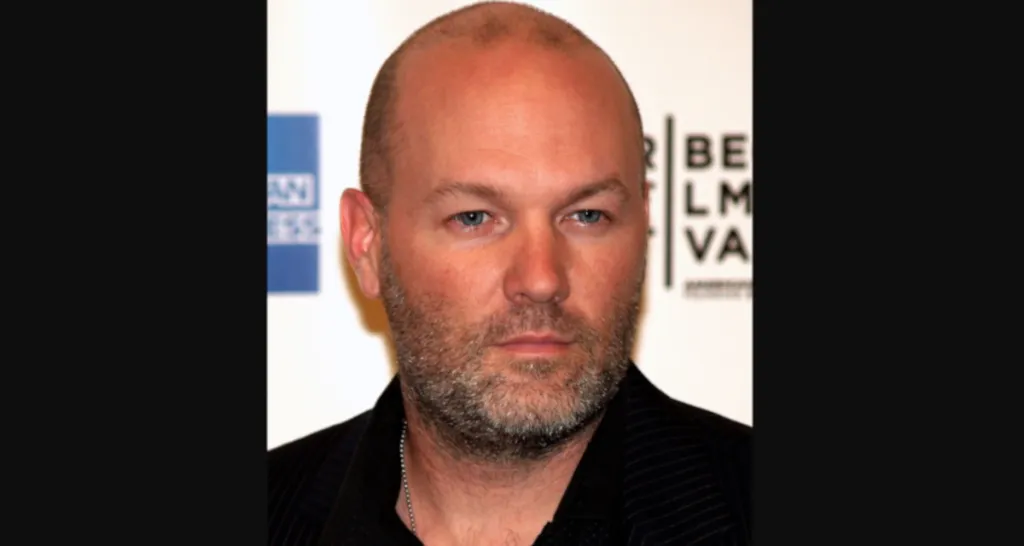Limp Bizkit frontman Fred Durst, who’s filed a new state-level lawsuit against Universal Music Group. Photo Credit: David Shankbone
Right on cue, Limp Bizkit has fired off another lawsuit, this time in state court, against Universal Music Group (UMG).
Limp Bizkit, frontman Fred Durst, and Durst’s Flawless Records yesterday submitted their latest complaint to the Los Angeles County Superior Court. Before that, March 17th had seen a federal judge dismiss a number of the claims on jurisdictional grounds.
(Without retreading too many of the case’s basics – or Universal Music’s retorts – here, Durst allegedly uncovered millions in due royalties upon bringing on a new team in early 2024. These allegedly owed royalties pertain to Limp Bizkit deals, including with Flip and subsequently Interscope, as well as a JV involving the aforesaid Flawless.)
But the partial dismissal didn’t extend to Limp Bizkit’s copyright infringement allegations, which are still moving forward in the same court. And the Seddigh Arbetter-repped act’s counsel promptly underscored plans to refile the dismissed claims at the state level.
Unsurprisingly, then, Limp Bizkit’s state action, spanning a healthy 102 pages, retreads quite a bit of ground from the federal complaint (and our previous coverage).
Even so, the lengthy lawsuit touches on a few new angles as well. Though the overarching legal battle dates back to October 2024, it was only last month that Limp Bizkit submitted a comparatively in-depth amended action.
While the plaintiffs didn’t change their main arguments (concerning breach of contract, fraudulent concealment, and a whole lot else besides the above-highlighted copyright claims), the state complaint contains some of the showdown’s fresher components.
(Undoubtedly, the most significant of those main arguments pertain to UMG’s alleged failure to honor the terms of the deals in question, which Limp Bizkit says are therefore null and void. Thus, the “Break Stuff” group is allegedly the rightful owner of the appropriate masters.)
First, like the retooled federal complaint, Limp Bizkit’s state suit takes aim at the alleged misrepresentations of Flip founder and former Geffen president Jordan Schur.
Schur’s name, UMG emphasized when seeking dismissal, didn’t appear at all in the suit’s initial iteration. But it’s certainly a big part of the state filing. At the outset, Schur allegedly promised Durst that he’d (Durst would) be a 50/50 partner in Flip and receive 10% of the profits from his signed and discovered acts (allegedly including Staind).
“For a period of time, Schur did, in fact, remit to Durst 10% of the profits received in relation to Staind, confirming the existence of the deal,” the state suit reads. “However, beginning in approximately 2012 and continuing until 2024, Schur repeatedly told Durst that he was not receiving any more money with respect to Staind, and stopped remitting any profits to Durst.”
And on the 50/50 front, Schur (purportedly acting as Durst’s “de facto manager” at the time) allegedly shortchanged Durst under follow-up Flip pacts just as Limp Bizkit was picking up commercial steam.
“Confoundingly,” the complaint says of the important allegation, “the [December 1996] Flip Amendment II also purported to change Limp Bizkit’s compensation—instead of receiving fifty percent (50%) of Net Profits, the band would now primarily only receive royalties as set forth therein.”
This deal, allegedly presented to Limp Bizkit by Schur as “an immaterial document that they needed to sign as a formality,” was allegedly “the result of blatant fraud.” In the end, it allegedly “significantly reduced” the group’s compensation.
As to how exactly UMG fits into the alleged scheme, “Schur secretly moved Limp Bizkit to a royalty deal because Interscope told Schur that, for Flip Records to continue to receive 50% of Net Profits, the band would have to move to royalties.”
Meanwhile, Schur allegedly committed “impermissible self-dealing” by allegedly scoring “a personal profit participation percentage for himself with Interscope, separate and apart from what Flip Records received, that was as high as 5% of net profits.”
Predictably, the alleged deception on Schur’s part carried on during his time as Geffen’s president, across other Limp Bizkit deals yet, according to the plaintiffs.
Keeping things moving along – a purportedly unclear definition of “new medium” in the earliest of the contracts allegedly means Limp Bizkit is owed millions in streaming profits to boot – the state suit also targets UMG’s alleged accounting shortcomings.
“These same issues,” the suit proceeds, “including but not limited to applying negative royalty rates, negative units, negative royalty earnings, incorrect royalty rates, incorrect unit pricing, and the failure to account for or calculate 50% of net receipts, appear across all of the accounting statements that Plaintiffs have access to and are not limited to those accounts that are supposedly still unrecouped.”
Running with the latter point, the plaintiffs are continuing to find fault with the “grossly overinflated” total of $43 million in advances and recoupable costs UMG’s recorded for Limp Bizkit over the years. Per the legal text, that figure, at least based on the account statements made available to the plaintiffs, is closer to $13 million in actuality.
Content shared from www.digitalmusicnews.com.

